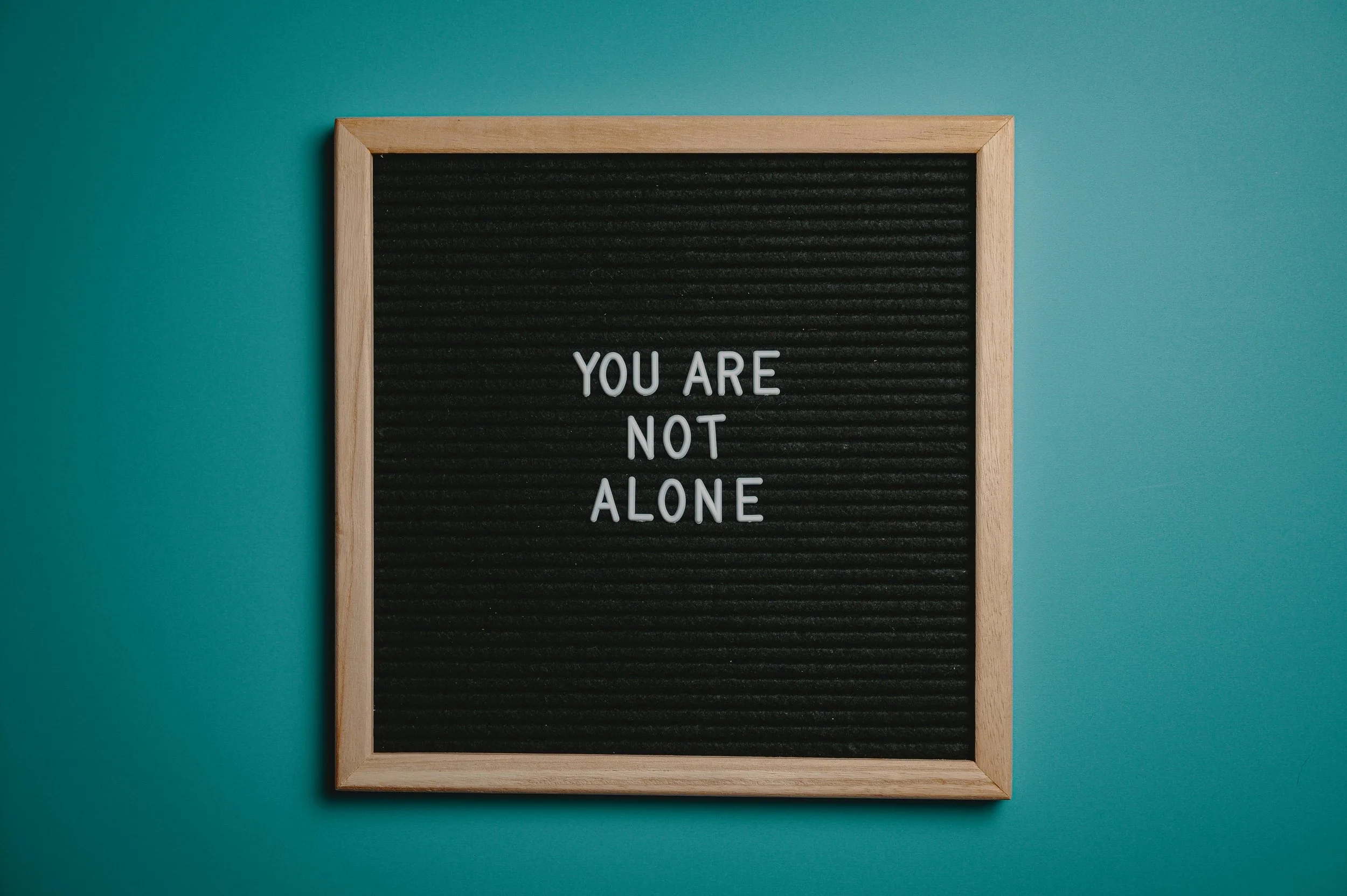Altamonte Springs Therapists on Mental Health Awareness Month: Why Talking Helps
May Is Mental Health Awareness Month: Let’s Talk About It
May is Mental Health Awareness Month. It’s a time to bring attention to the importance of mental well-being, reduce stigma, and encourage conversations that lead to healing and support. As a therapist, I see firsthand how mental health touches every part of our lives, from relationships and work to physical health and self-esteem. This month is an important reminder that mental health is just as essential as physical health, and it deserves the same level of care and attention.
Why Mental Health Awareness Matters
Mental health challenges affect millions of people, regardless of age, race, gender, or socioeconomic status. According to the National Alliance on Mental Illness (NAMI), one in five adults in the U.S. experience mental illness each year. Yet stigma and misinformation still prevent many people from seeking the help they need.
Mental Health Awareness Month helps break down those barriers. It encourages all of us to check in with ourselves and each other, to advocate for better access to care, and to normalize getting support when we need it. Talking openly about mental health helps create a culture where people feel seen, heard, and empowered.
Signs You Might Benefit from Therapy
Therapy is not just for moments of crisis. It’s also a valuable resource for anyone who wants to grow, heal, or gain more clarity in their life. Some signs that therapy could be helpful include:
• Feeling persistently sad, anxious, angry, or overwhelmed
• Difficulty sleeping or noticeable changes in appetite
• Trouble concentrating or functioning at work or school
• Withdrawing from loved ones or losing interest in things you once enjoyed
• Feeling stuck, burned out, or hopeless
• Experiencing trauma, grief, or going through major life transitions
If any of these experiences sound familiar, reaching out to a mental health professional can be an important step toward healing.
Who Can Help? Types of Mental Health Professionals
Finding support can feel overwhelming when you’re not sure where to start. Here are some of the most common types of mental health professionals and how they can help:
• Psychiatrists are medical doctors who can diagnose mental health conditions and prescribe medication. Some also offer therapy.
• Psychologists hold a Ph.D. or Psy.D. and often specialize in psychological testing and therapy.
• Licensed Mental Health Counselors (LMHC), Licensed Professional Counselors (LPC), and Registered Interns provide talk therapy for a wide range of emotional and behavioral concerns.
• Licensed Clinical Social Workers (LCSW) are trained in therapy and often work in hospitals, schools, or community settings.
• Marriage and Family Therapists (MFT) specialize in relationship dynamics, couples counseling, and family support.
Each type of provider offers different approaches, but they all work to help you develop healthier coping tools and move toward your goals.
Mental Health and Physical Health: Deeply Connected
Mental and physical health are closely connected. Chronic stress, anxiety, and depression can lead to physical symptoms like fatigue, headaches, muscle tension, digestive issues, and even heart problems.
On the other hand, physical illness can have a significant impact on mental health. Dealing with pain, medical treatments, or loss of mobility can increase feelings of sadness, fear, or isolation. Taking care of your mind and body together leads to better overall health.
Self-Care: More Than Bubble Baths and Candles
Self-care is often misunderstood as a luxury, but it’s actually a necessity. It’s about building habits that help you stay mentally and emotionally well. Just like brushing your teeth or getting enough sleep, self-care supports your overall health. Here are a few categories to consider:
1. Emotional Self-Care
• Journaling your thoughts and feelings
• Setting healthy boundaries in relationships
• Talking to a trusted friend or therapist
2. Physical Self-Care
• Moving your body regularly
• Eating nutritious meals
• Prioritizing restful sleep
3. Social Self-Care
• Spending time with people who support you
• Saying no when you’re feeling overwhelmed
• Participating in community or support groups
4. Spiritual Self-Care
• Practicing meditation or prayer
• Spending quiet time in nature
• Engaging with beliefs and values that give your life meaning
5. Professional Self-Care
• Taking breaks during your workday
• Asking for help or delegating tasks when needed
• Exploring creative or educational interests outside of work
Self-care doesn’t have to look a certain way. The most important thing is finding what works for you and making it a regular part of your routine.
The Role of Advocacy
This month is also a great time to think about how we can support others and contribute to a more inclusive mental health system. Advocacy can take many forms, both big and small. For example, you can:
• Talk openly about your own mental health journey
• Support mental health days in schools and workplaces
• Vote for policies that increase access to mental health services
• Donate to or volunteer with mental health organizations
• Encourage friends and family to seek help when needed
Each of these actions helps make it easier for others to speak up and get support.
Final Thoughts
Mental Health Awareness Month is more than a calendar event. It’s an opportunity to reflect, reach out, and remember that you are not alone. Whether you are managing anxiety, burnout, depression, or just feeling disconnected, know that help is available and healing is possible.
